The Promise and Pitfalls of AI for SEO: A Path to Productivity
For any digital marketing team, the goal is scale. How can we create …
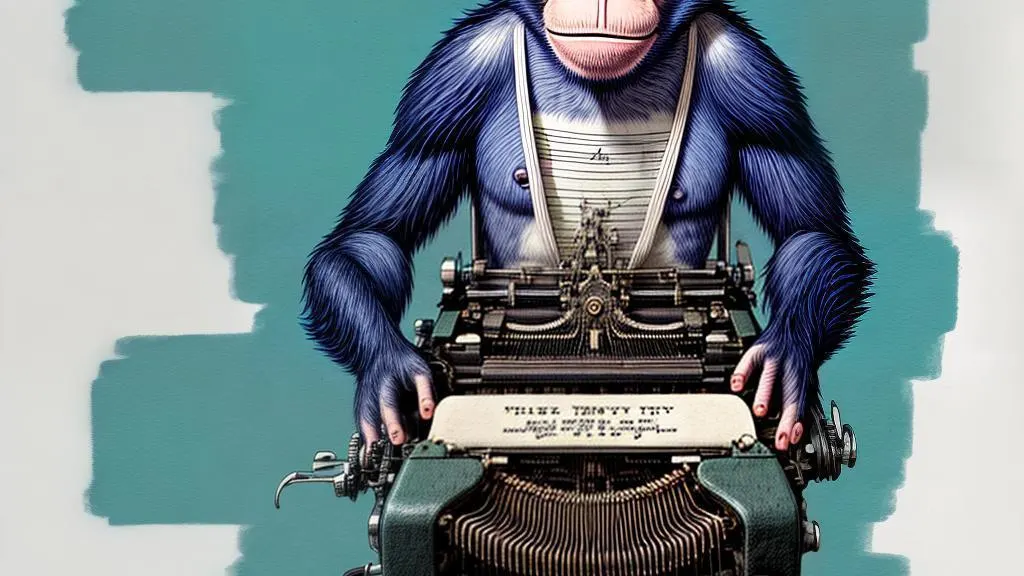
As sophisticated AI tools like ChatGPT make waves in content creation, a fundamental question arises: Can artificial intelligence replace copywriters?
While these powerful tools can undoubtedly augment the content writing process, they cannot fully replace the masterful hand of a skilled human copywriter.
The human element, imbuing creativity, emotion, and context into the content, remains a frontier yet to be reached by AI. So, what makes human writers indispensable, and how may they coexist with AI? Let's explore.
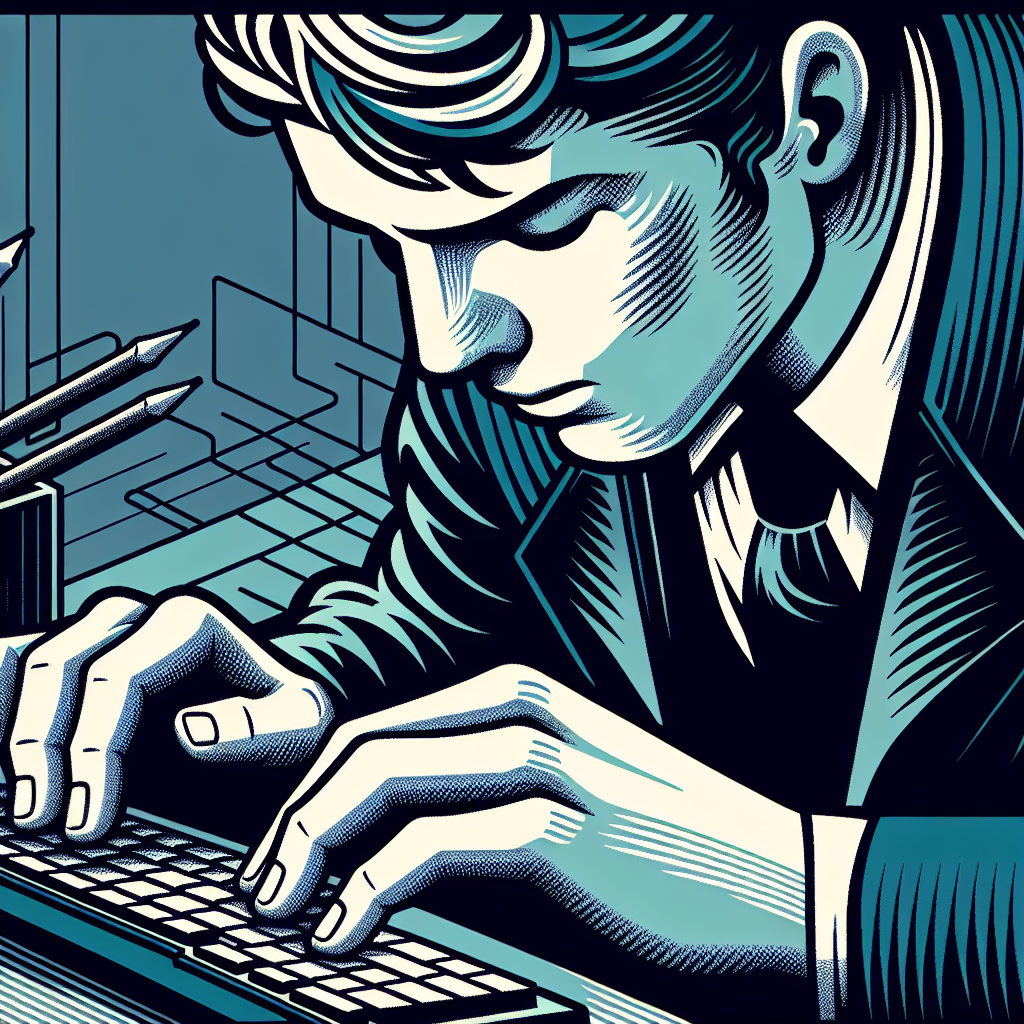
Machines cannot duplicate the human brain's complexity, emotions, and inherent cultural understanding, notwithstanding how advanced they are.
Even as AI continues to evolve, human copywriters are here to stay – their roles are simply transitioning. Human insight and the uniquely personal touch in writing are elements that can never be automated.
In the foreseeable future, AI tools like Chat GPT will act not as a replacement but as an ally to copywriters, bolstering their creative tasks with efficiency, accuracy, and scalability. In the grand scheme, AI is a tool to serve human creativity, not supersede it.
The incredible blend of human and AI collaboration in content-making may be the next wave of progress, highlighting the irreplaceable value of human imagination and creativity.
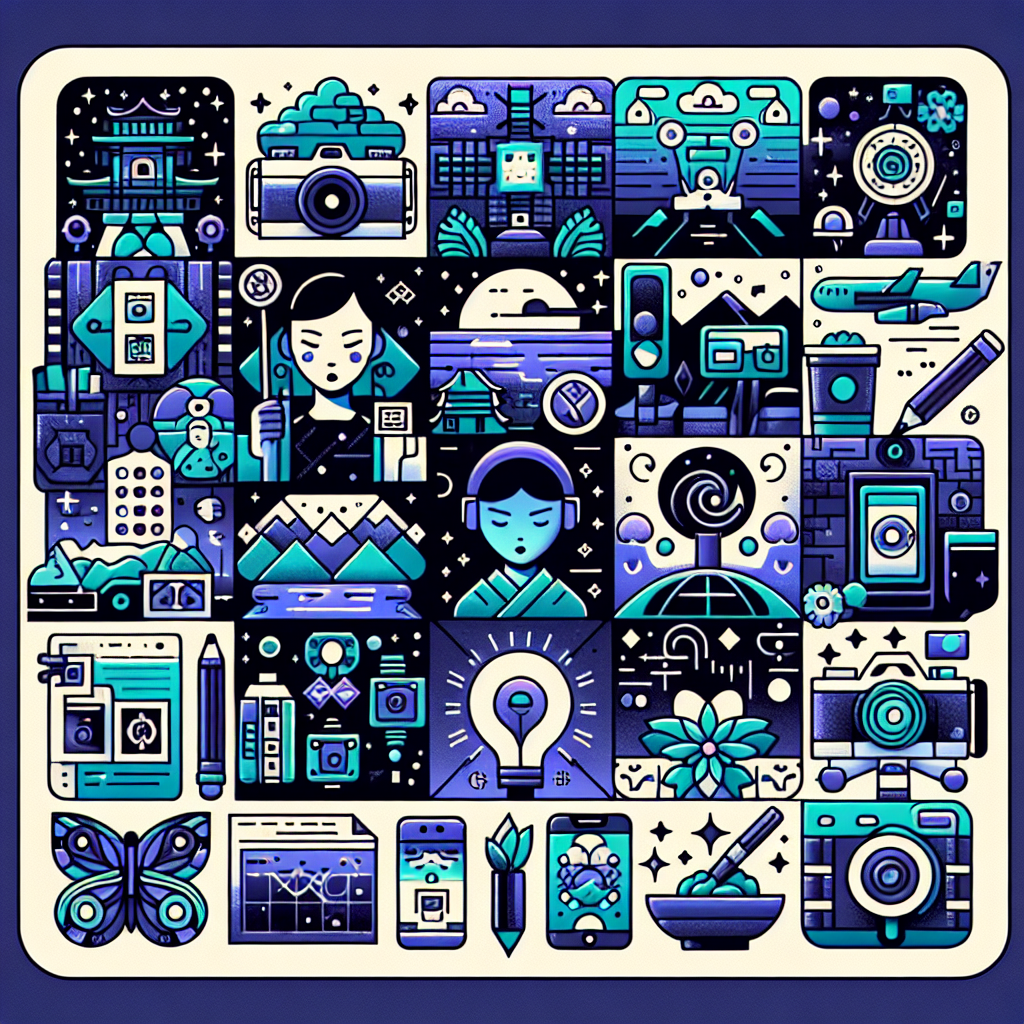
When considering AI's capabilities in creative industries such as copywriting, it is essential to recognize both the technological advancements and the inherent limitations of current generative AI models.
AI tools such as GPT-3, which have been pre-programmed with vast amounts of data, show promising utility in generating content quickly and efficiently. For instance, generative AI like ChatGPT can produce basic marketing copy in seconds when creating travel brochures for cruises.
This copy can be easily modified to include specific details such as destinations, activities, menus, and pricing information tailored to audiences like adult-only cruises.
The ability of AI to swiftly adapt and generate new content as specials and offers change highlights its potential to streamline certain aspects of marketing efforts.
However, this efficiency does not come without its challenges. The technology, as demonstrated in less successful applications by major tech companies, is still a work in progress. Generative AI can sometimes produce content that includes errors obvious to any subject matter expert, suggesting a lack of deep understanding necessary for nuanced creative work.
Firstly, consider a human writer's creativity. AI models such as GPT-3 are pre-programmed to produce content based on the data previously fed into them, essentially making their compositions a product of predesigned algorithms.
However, human copywriters bring a unique blend of creativity, culture, emotion, and personal experience — elements that ChatGPT or any existing AI cannot replicate.
Moreover, copywriters don't merely reproduce sentences. They weave compelling narratives, tell engaging stories, converse with the audience, and evoke emotions, drawing on their experiences, feelings, and cultural understanding. These are abilities that AI is far from achieving.
Also, the role of context and nuance is critical in copywriting. Communicating the subtleties of language, local humour, or cultural context to a machine is far from straightforward.
How do you tell a machine to inject a tone of nostalgia into a piece or capture the zeitgeist of a particular era? AI tools struggle in these areas, as their content creation process lacks a deep understanding of context and emotion.
As we look towards the future, the role of AI in copywriting is set to evolve with remarkable specificity and integration. AI tools like ChatGPT will act not as a replacement but as an ally to copywriters, bolstering their creative tasks with efficiency, accuracy, and scalability. In the grand scheme, AI is a tool to serve human creativity, not supersede it.
Generative AI models are rapidly specialising, catering to distinct industries or even customising to the unique product sets of individual companies.
This evolution will enhance the machine's ability to produce high-quality marketing materials—from blog posts and white papers to social media content.
With these tools, a copywriter could input a single document and receive drafts tailored for diverse platforms, significantly streamlining the content creation process.
AI's transformation will also redefine job roles. Entry-level positions, in particular, might shift from traditional writing tasks to more strategic, editorial, and oversight functions.
Employees will work alongside AI, utilising these tools to draft initial content versions, which they will refine and enhance. This reflects a shift towards a collaborative model where human creativity carries out the nuances AI has yet to master.
The incredible blend of human and AI collaboration in content-making may be the next wave of progress, highlighting the irreplaceable value of human imagination and creativity.
As AI becomes more embedded in our workflows, it will increase productivity and allow human talents to focus on creative and strategic tasks, ensuring that the heart of content remains authentically human.
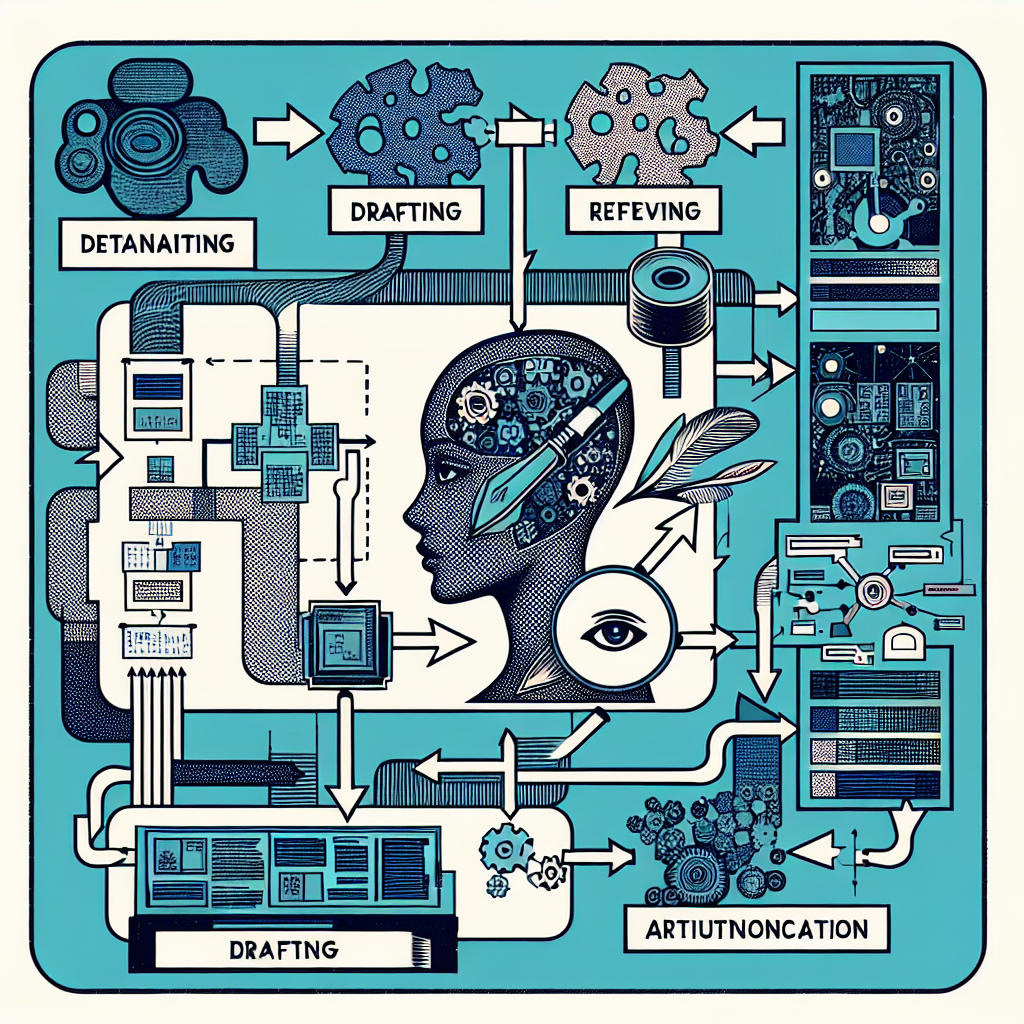
As sophisticated AI tools like ChatGPT make waves in the content creation sphere, a fundamental question arises: Can artificial intelligence replace copywriters? While these powerful tools can undoubtedly augment the content writing process, they cannot fully replace the masterful hand of a skilled human copywriter.
The current application of AI in the writing process is primarily to accelerate and enhance the efficiency of content creation.
These tools are employed not to create final, production-ready content but rather to assist in the drafting phase, allowing human copywriters to focus more on refining and personalising the output.
In essence, AI tools serve as a preliminary step that speeds up the generation of drafts and provides a base from which professionals can further develop their ideas.
In the foreseeable future, AI tools like Chat GPT will act not as a replacement but as an ally to copywriters, bolstering their creative tasks with efficiency, accuracy, and scalability. In the grand scheme, AI is a tool to serve human creativity, not supersede it.
The incredible blend of human and AI collaboration in content-making may be the next wave of progress, highlighting the irreplaceable value of human imagination and creativity. Through this symbiotic relationship, AI enhances the creative process without diminishing the essential human touch that is critical to nuanced and engaging writing.
Marketing teams are currently using AI tools primarily to speed up the writing process, helping to streamline the creation of draft materials and ideas.
These tools assist in generating initial content versions, which are refined and enhanced by human copywriters who ensure the final output aligns with the brand's voice, tone, and objectives.
The proliferation of artificial intelligence in content creation does not signal the extinction of human copywriters. On the contrary, it opens doors for a cooperative existence, where AI assists with tedious tasks and humans control the creative reins.
While AI-generated content might satisfactorily mimic human writing, it still falls short in rendering creativity, empathy, and authentic human connection - irreplaceable attributes. In summary, AI will not replace copywriters in their jobs; instead, it will serve as a tool to help enhance their productivity and the creative process, leading to a future where man and machine work together to create compelling content.
Some other posts you may like
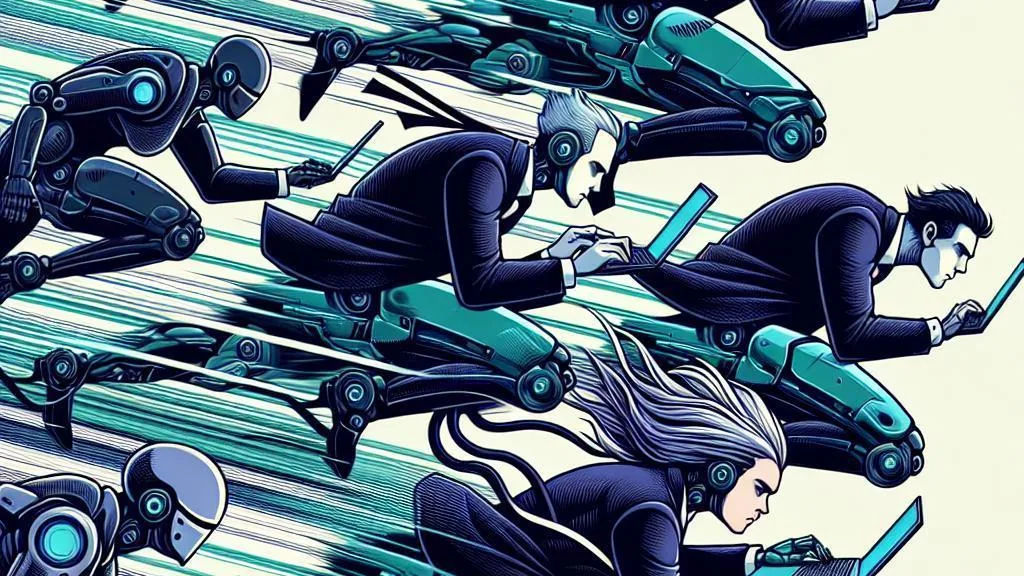
The Promise and Pitfalls of AI for SEO: A Path to Productivity
For any digital marketing team, the goal is scale. How can we create …
September 14, 2023
Read More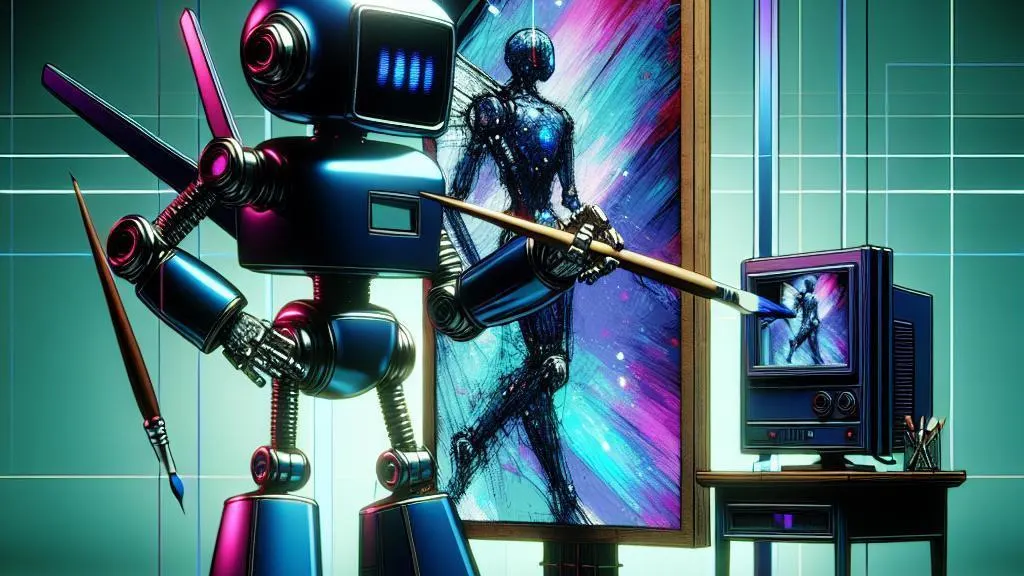
How are marketing professionals using generative AI tools, and what are the benefits?
As you embark on this exploration of the changing marketing landscape, be prepared: you are …
September 14, 2023
Read More